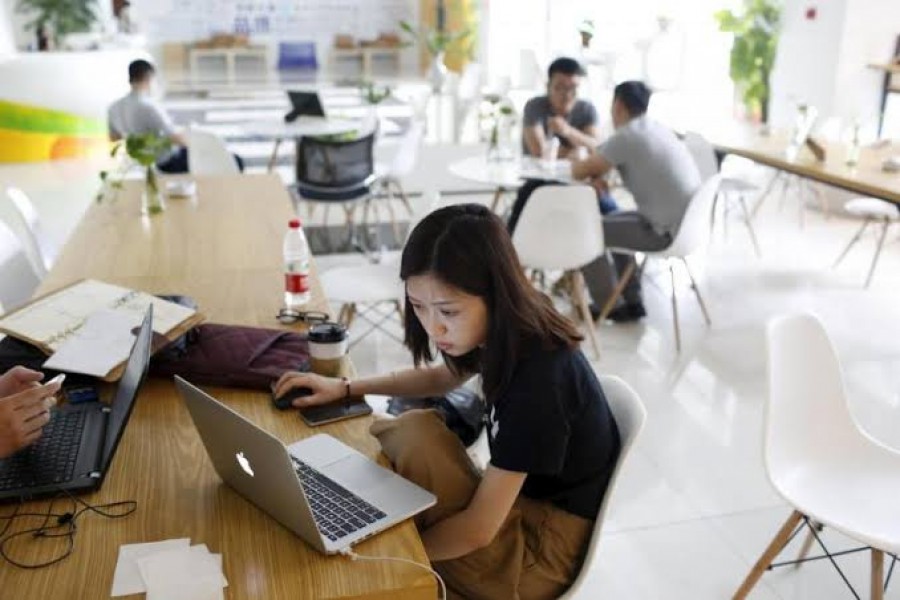China has the world's largest number of ‘unicorns,’ privately-held start-up firms valued at more than $1bn ($771m), according to a new report.
The country has produced 206 unicorns while the US has 203, the China-based Hurun Institute reported.
Together the two countries are home to more than 80 per cent of the world's unicorns.
It comes as Washington and Beijing fight a trade war and jostle to become the world's technology leader.
"China and the US dominate... despite representing only half of the world's GDP and a quarter of the world's population," said Hurun Report Chairman Rupert Hoogewerf.
Chinese payments company Ant Financial tops the list with a valuation of $150bn.
Founded in 2014, Ant Financial's main business is online payment platform Alipay, which was spun out of e-commerce giant Alibaba.
China's Bytedance ranks second, with a valuation of $75bn. The fast-growing technology firm owns popular video-sharing platform TikTok, reports the BBC.
Chinese ride-sharing company Didi Chuxing rounds out the top three, valued at $55bn.
High-profile US companies including home-rental site Airbnb, office space firm WeWork and electronic cigarette maker Juul also feature in the top 10.
Technology tensions
The report comes at a time of tense relations between the world's two largest economies.
The US and China have been embroiled in a trade battle for the past year. Their power struggle has also played out in the technology sector, with Chinese telecoms giant Huawei becoming a central part of their dispute.
The US claims Huawei - the world's largest maker of telecoms equipment - poses a national security risk and has put trade restrictions on the firm.
The company has consistently denied the allegations, and many in China argue the US is trying to curb the country's technology ambitions.


